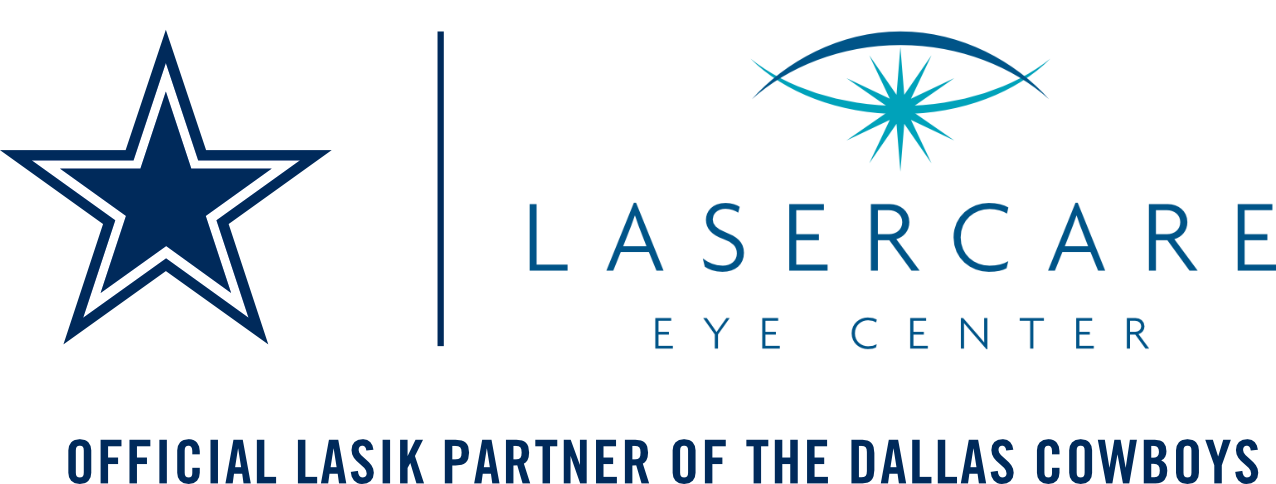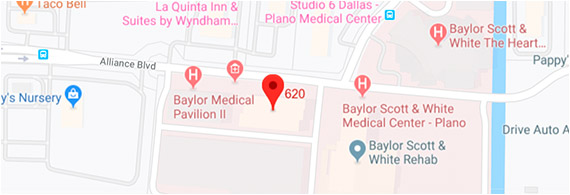10 Reasons for Blurred Vision after LASIK
LASIK Eye Surgery is a wonderful laser procedure that corrects astigmatism, farsightedness and/or nearsightedness. It takes about 15 minutes with quick recovery in virtually all patients. Like any procedure, it does have some risk.
As a LASIK surgeon, Sidney Gicheru, M.D. hears a lot of questions from patients about the procedure. A common question is “will LASIK fix my vision forever”. The answer is maybe. LASIK is a static procedure. In other words, if your eye prescription changes, the LASIK procedure does not adapt to this change. Luckily for most patients, prescription changes tend to be small past the age of 25. This article discusses a poorly addressed issue:
What are the possible reasons for a patient’s vision changing after LASIK?
Some of the reasons are extremely rare. Others are common. Several are pretty much guaranteed. Most can be detected before surgery with proper screening tests:
- Presbyopia: This is the main guaranteed one. When we are young, the lens of the eye is able to focus at the distance and near. At age 40, the lens becomes less flexible and near vision starts to gradually weaken. This is the reason people over 40 need reading glasses, bifocals or trifocals to see up close. A workaround for this is a type of LASIK called Monovision LASIK, where one eye is corrected for distance and the other eye for near.
- Cataracts: This is the second guaranteed reason. If we live long enough, all humans will develop Cataracts as part of the aging process. This is a clouding of the lens that makes vision blurred, hazy and is associated with visual disturbances such as glare, starbursts, and haloes. Luckily, this is solved with Cataract surgery. With new multifocal lens implants, such as the ReSTOR and Crystalens, vision can be corrected for near and distance obviating reason #1.
- Progressive Myopia: In most cases, nearsightedness will stop progressing in the early 20’s. In some patients, Myopia may progress until the 40’s or 50’s. If your nearsightedness progresses after LASIK, your vision will start to get blurred. An Enhancement procedure may be needed to correct residual myopia.
- Farsightedness: Performing LASIK on farsighted patients is more challenging than nearsightedness. In most patients, farsightedness will increase with age. Farsighted patients are more likely to need enhancement surgery.
- Keratoconus Spectrum: Keratoconus is a congenital Corneal disorder characterized by progressive thinning of the cornea resulting in increasing astigmatism. Patients with full-blown Keratoconus are never candidates for LASIK, as it will worsen the disease. Unfortunately, there is not currently a reliable test to diagnose subclinical forms of the disease. The only solution is risk stratification. If you are at risk for subclinical Keratoconus, the options are either PRK or no Corneal surgery at all. Patients with symptomatic Keratoconus can be treated with a Corneal transplant.
- Dry Eyes: Creating the LASIK flap will temporarily disrupt nerves that supply the cornea. These nerves usually regenerate in the first 3-6 months after LASIK. During this time, the eyes tend to be dry and this can cause vision to be blurred or to fluctuate. If your eyes are dry before LASIK, you may require aggressive management of your dry eyes with punctal plug placement or ReSTASIS eyedrops. Another option would be to consider PRK as it tends to be less drying. Patients with severe dry eyes or diseases such as Collagen Vascular diseases such as Sjogren’s syndrome or Rheumatoid arthritis should avoid LASIK surgery. See our Dry Eye post for more tips.
- Large Pupils: Our pupils are large when we are young. They gradually decrease in size with age. It is theorized that having large people may increase the risk of visual disturbances in patients
- Diabetes: If you develop Diabetes later in life, the elevated blood sugars can change your Eye prescription. If the blood sugars remain elevated for a long time, it can cause damage to the Retina called Diabetic Retinopathy. Diabetic retinopathy is the #1 reason for blindness in patients of working age. Luckily, if the blood sugars are controlled quickly, the eye prescription returns to normal quickly.
- Macular Degeneration: With age, the risk of a disease called Macular degeneration increases.
- Other Eye Disease: Having LASIK does not make you immune to eye disease. LASIK patients are still at risk for eye diseases that blind or decrease vision in regular patients.
Is LASIK Safe? The Quest for Improved Vision
 Sidney Gicheru, M.D. is a Board Certified Ophthalmologist and LASIK surgeon in Dallas at LaserCare Eye Center (for more information go to dfweyes.com In addition to LASIK, he performs Refractive Cataract surgery (ReSTOR, Crystalens, and Toric lens implants). For more information call 214-328-0444 or 817.481.2727.
Sidney Gicheru, M.D. is a Board Certified Ophthalmologist and LASIK surgeon in Dallas at LaserCare Eye Center (for more information go to dfweyes.com In addition to LASIK, he performs Refractive Cataract surgery (ReSTOR, Crystalens, and Toric lens implants). For more information call 214-328-0444 or 817.481.2727.






